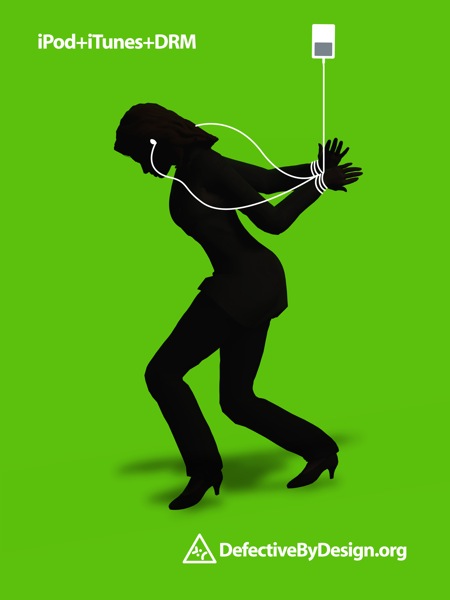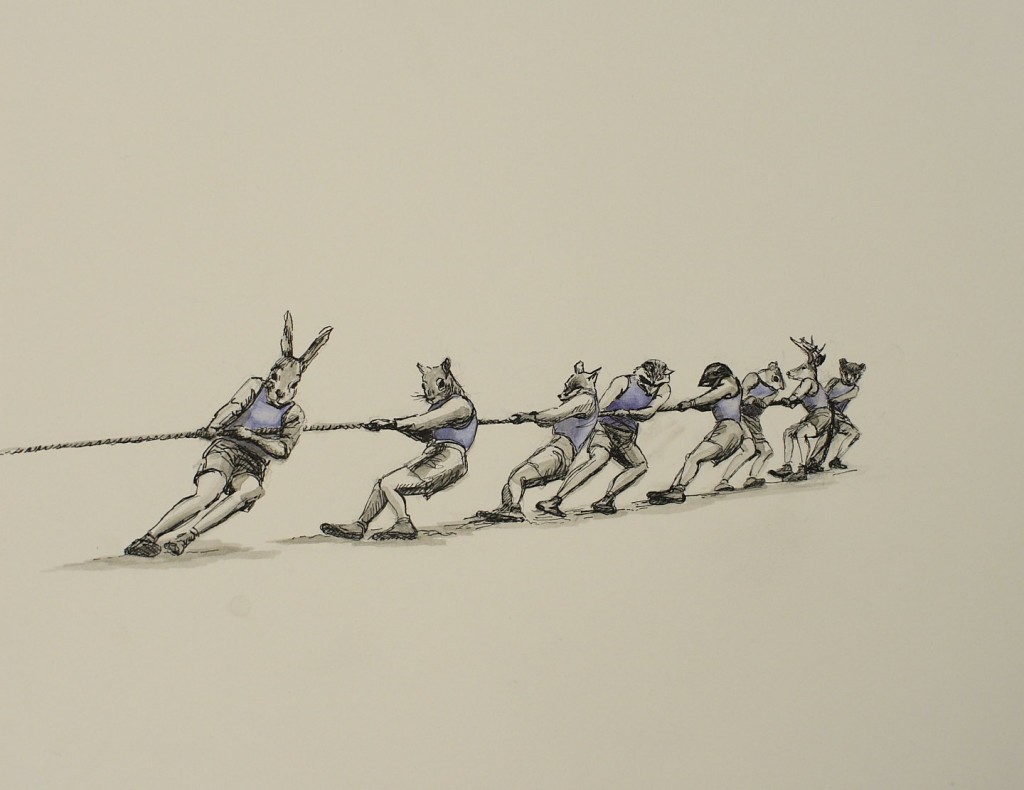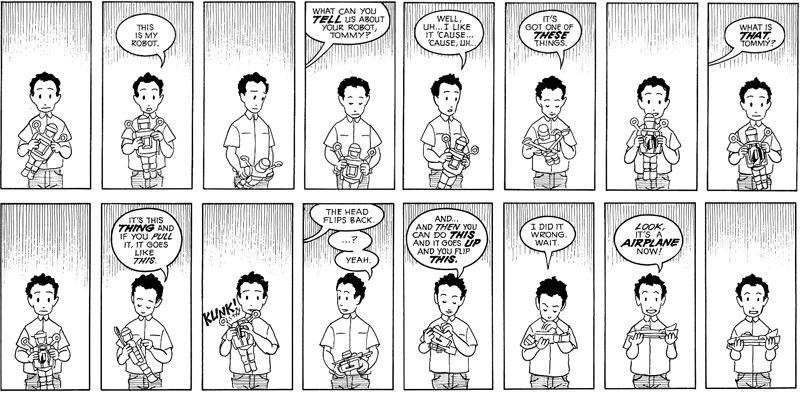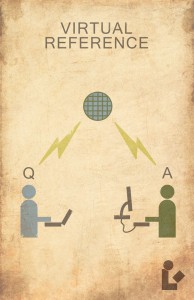From the School Library Journal:
Middle and high school libraries in high poverty areas of the U.S. suffered the most budget cuts in 2010, according to “State of America’s Libraries,” a report from the American Library Association.
While most school libraries managed to escape the economic trials of 2010 largely unscathed, those in high-poverty areas saw average spending on information resources and collection size decrease by 25.5 percent, or to $10,378 in 2010 from $13,935 in 2009.
The results were initially revealed in the American Association of School Librarians’ (AASL) 2010 School Libraries Count! survey, which showed that overall school expenditures on information resources were approximately $12,260 in 2010, compared to $13,525 the previous year, a decrease of 9.4-percent.
The survey also found that while schools in low-poverty areas saw slight increases in most areas of collection size, those in low-income areas reported a four percent decrease in books, an 11 percent decrease in video materials, and a whopping 22 percent decrease in periodical subscriptions.[read full post]
The report also points to the unpreparedness of these school libraries to meet future demands for digital media. There has only been a marginal shift towards digital materials. Moreover, there are genuine worries about their ability to provide on-site and remote access to electronic resources right now and down the road.
Hamstringing poorer school libraries now will make it incapacitatingly expensive to catch up. But, it’s not too late. President Obama’s education agenda involves a move away from an addiction to standardized tests and new plans to add more technology into the classroom. School libraries should be an important part of this plan.
Glistening, iPad filled libraries in poorer schools may be a dream. Still, considering the front-line role libraries played in bringing the internet to schools, letting them desiccate is a significant step in the wrong direction.














